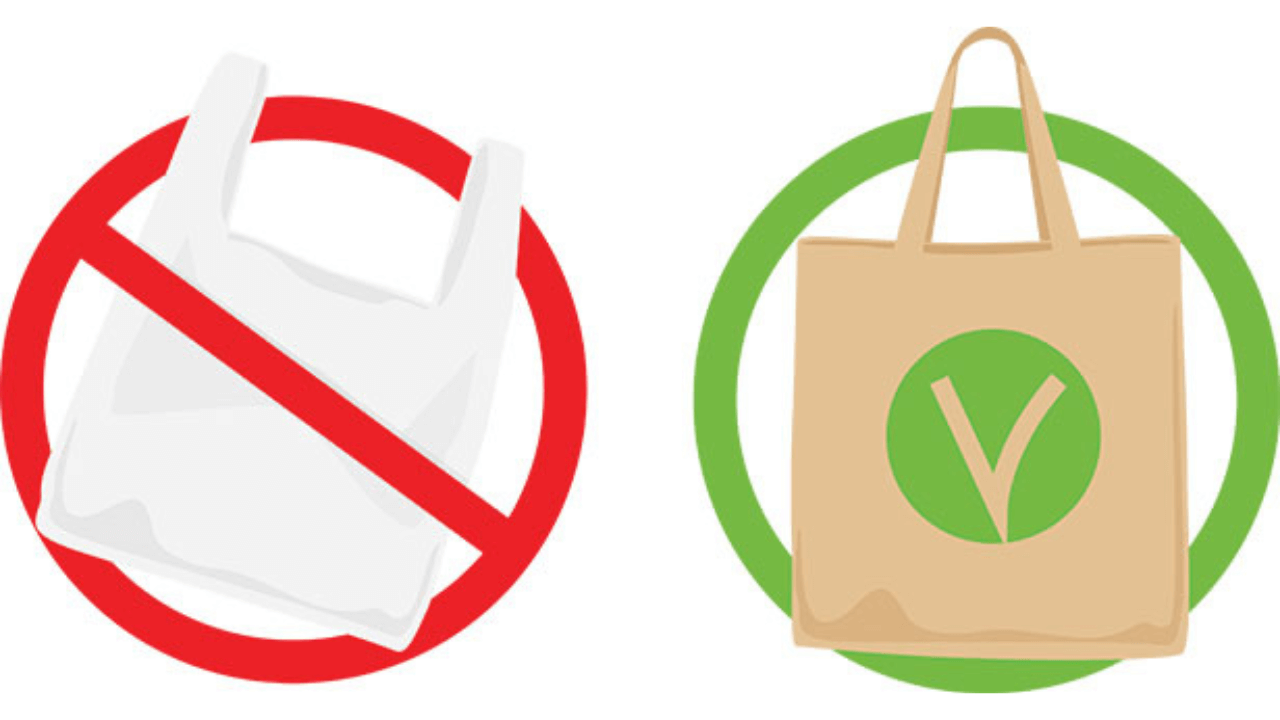New Zealand has taken a significant step in its campaign against single-use plastics by extending its ban on plastic bags in supermarkets to include thin bags commonly used for fruits and vegetables. This groundbreaking decision, which came into effect on 1st July, sets a precedent as New Zealand becomes the first country in the world to implement such a comprehensive ban. The move reflects the government’s commitment to reducing plastic waste and promoting sustainable alternatives.
New Zealand and Plastic Ban
Since the implementation of the initial ban on take-home plastic bags in 2019, New Zealand has witnessed a significant cultural shift toward reducing plastic waste. The majority of shoppers have embraced the practice of bringing their own bags when visiting stores. This positive change has resulted in over one billion plastic bags being saved from circulation.
Building on this success, New Zealand has now expanded the ban to include thin bags typically used for fruits and vegetables. This expansion is projected to prevent the use of approximately 150 million plastic bags annually. The nation’s commitment to reducing plastic waste has been recognized globally, and this latest measure reinforces New Zealand’s position as a leader in environmental conservation and sustainability.
Concerns related to the Ban
The concerns raised by critics regarding consumers potentially resorting to disposable paper bags have been acknowledged by Rachel Brooking, the Associate Environment Minister of New Zealand. She emphasized that the ultimate goal is to reduce the use of all single-use packaging, regardless of the material.
- In line with this objective, the government encourages individuals to bring their own bags when shopping.
- Supermarkets, including Countdown, have taken proactive measures by offering reusable produce bags made of polyester mesh as an eco-friendly alternative.
- With over 185 stores nationwide, Countdown aims to inspire customers to make the switch to reusable options and reduce their reliance on single-use packaging.
- By providing these reusable bags for fruits and vegetables, Countdown and other supermarkets contribute to New Zealand’s broader campaign against single-use plastics and promote a more sustainable shopping experience for consumers.
New Zealand government’s commitment to address climate change
The New Zealand government has taken significant steps to address climate change and reduce greenhouse gas emissions.
- In October, they proposed an innovative scheme to tax agricultural emissions from farm animals, including sheep and cattle.
- This progressive approach reflects the government’s commitment to holding farmers accountable for their contribution to greenhouse gas emissions.
- The agricultural sector in New Zealand is responsible for approximately half of the country’s emissions, making it a significant focus for climate action.
- By implementing a taxation scheme for agricultural emissions, the government aims to encourage farmers to adopt sustainable practices and reduce their environmental impact.
- The proposed scheme sets a target for farmers to be accountable for their agricultural emissions in some form by 2025.
- This demonstrates the government’s determination to address climate change and work towards a more sustainable future for New Zealand.
By taking such measures, New Zealand is positioning itself as a leader in climate action and showcasing its commitment to mitigating the effects of greenhouse gas emissions on the environment.
Some Facts About Plastic Bags
- Every year, over 1 trillion plastic bags are used worldwide.
- Only a small fraction of plastic bags are recycled.
- Plastic bags can take up to 500 years to decompose.
- Plastic bags can harm marine life, including turtles, whales, and dolphins.
- Plastic bags can also pollute our drinking water.
By reducing our use of plastic bags, we can help to protect the environment and the animals that live in it. So on International Plastic Bag Free Day, let’s all make a pledge to bring our own reusable bags to the store. Together, we can make a difference!
- 3 August Current Affairs 2023 in English
- MoU Between Subroto Mukerjee Sports and Education Society and All India Football Federation (AIFF) to Promote Football at Grassroot Level
- Dr. Mansukh Mandaviya Delivers Keynote Address at the 13th Indian Organ Donation Day ceremony
- Education Ministry Forms Expert Panel on Anti-Discrimination in Higher Education
- Concerns Arise Over Cheetah Deaths at Kuno National Park
